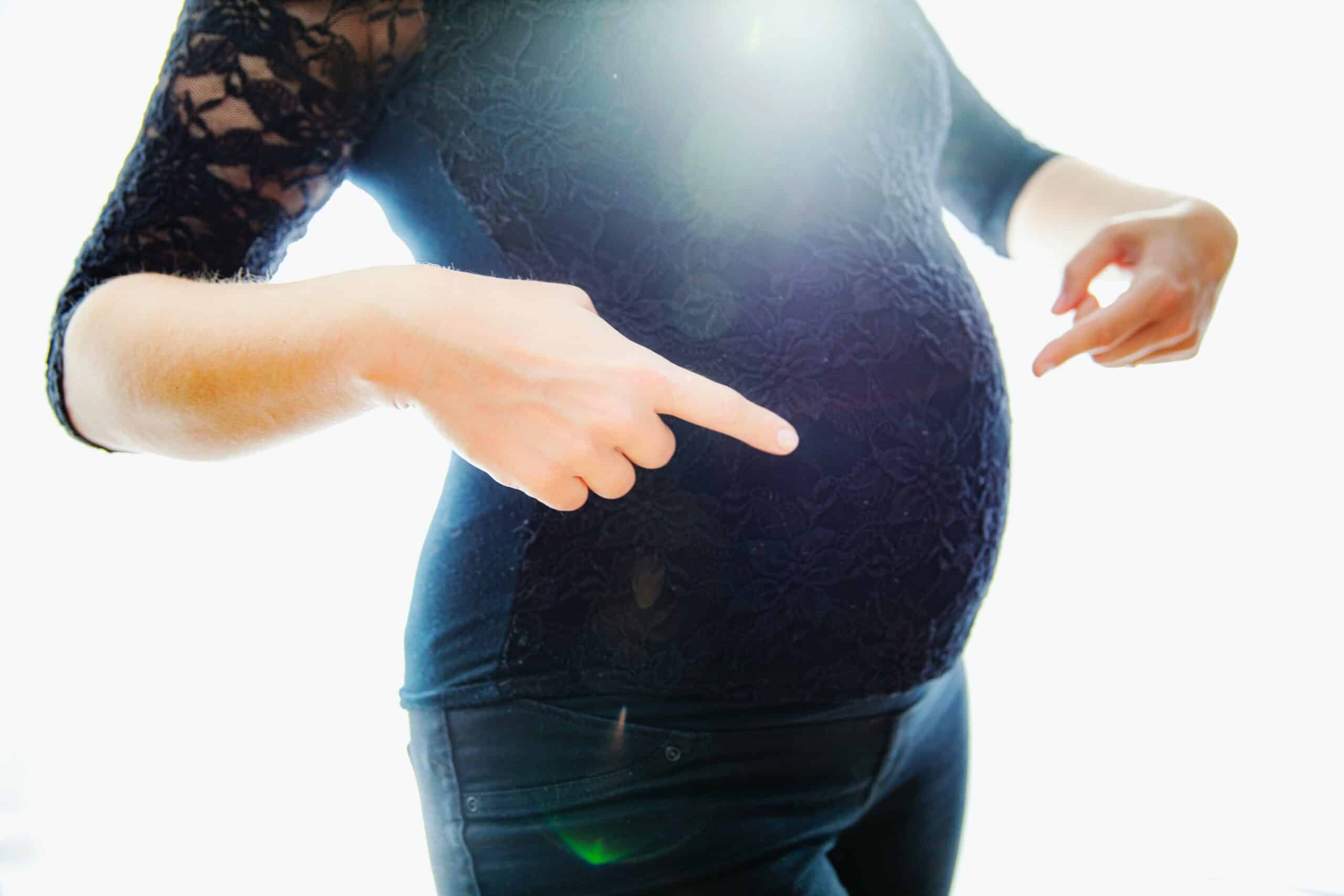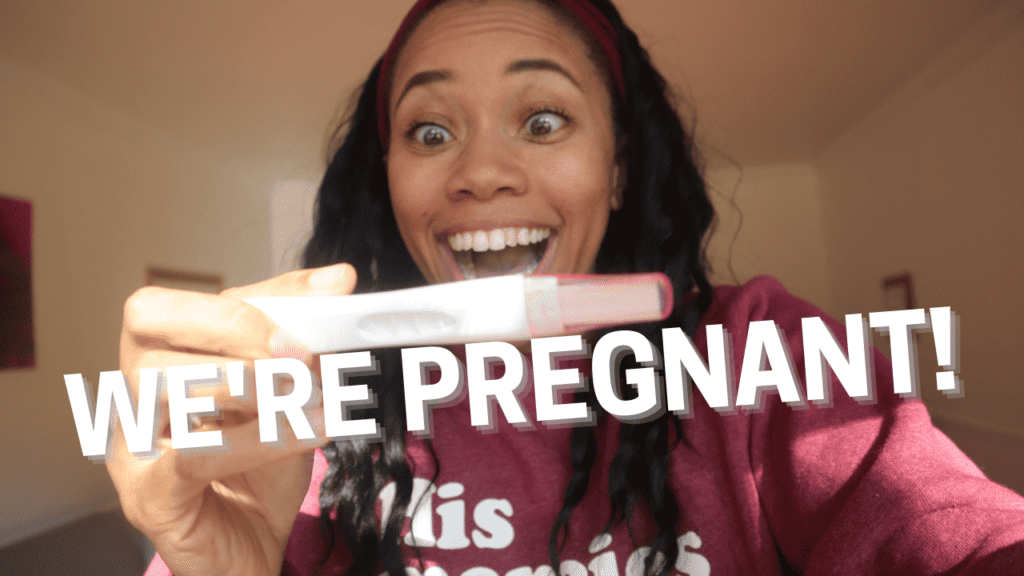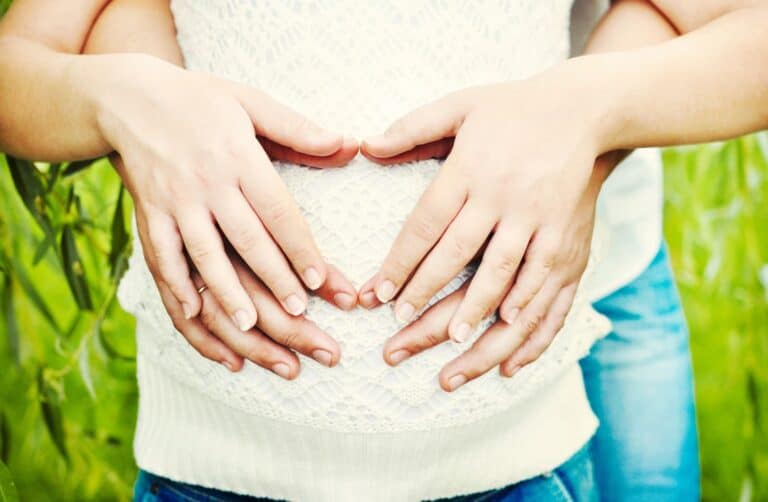Two Week Wait Symptoms of Implantation: Early Signs of Pregnancy

Last Updated on September 26, 2023 by Avi Steen
For some women, implantation symptoms will be loud and clear in the two week wait. But for others, not so much.
In my experience of conceiving my first child, I was able to detect multiple implantation symptoms in my cycle and I would love to share that with you so keep on reading!
RELATED POSTS:
Prayer for Successful Implantation
How many weeks pregnant are you at implantation?
Daily Devotional for Fertility
What is the two week wait?
The two week wait (TWW) is the period of time between ovulation and when your next period is due. For women who are trying to conceive, the TWW can be a time of great anticipation and excitement.
However, it can also be a time of great anxiety and worry, as you wait to see if you have successfully conceived. There are a few things that you can do to help cope with the stress of the TWW.
First, try to stay positive and optimistic. Remember that it takes most couples several months to conceive, so even if you don’t get pregnant this cycle, there’s still a good chance that it will happen eventually.
Second, avoid pregnancy tests during the TWW. Getting a negative result can be discouraging, and it might make you more anxious.
Finally, take some time for yourself during the TWW. Relax and enjoy your life, regardless of whether or not you conceive this cycle. By taking care of yourself both physically and emotionally, you’ll be in a better position to handle whatever the TWW has in store for you.
What is implantation?
Implantation occurs after you’ve ovulated near the middle of your two-week wait. 6-10 days after ovulation is the estimated time of the initial implantation of an embryo.
Dictionary.com defines it as “the attachment of the early embryo to the lining of the uterus.”
Simply put it’s when your future child attaches to your uterus in order to grow for the next 9 months. So exciting!
What are Two Week Wait Symptoms for Implantation?
- Implantation Dip
An implantation dip is something that you might see as an implantation symptom if you are charting your basal body temperature (BBT) during your cycle.
Similar to ovulation when your BBT rises it’s because there is a hormone surge (LH during ovulation and estrogen during implantation).
If you see a dip between 6-10 DPO it could possibly be an implantation dip.
- Implantation Bleeding
Bleeding sometimes be difficult to determine if it’s due to implantation vs period bleeding.
Every woman’s body and cycles are different and in some cases bleeding (usually mimics spotting) mid luteal phase could be an indicator of implantation.
It could also be an indicator of a short luteal phase and your menstrual starting which coul be an indicator of hormone imbalance.
- Implantation Cramping
Another symptom of implantation can be cramping and I have received a lot of questions about what it feels like.
In most cases, its not something that is panful. It can feel like a tingling or pulling section in the lower abdomen, usually on one side.
RELATED POSTS:
Increase Chances of Implantation
The Ultimate Guide to TTC
The Best Fertility Prayer
What helps implantation during the two-week wait?

- Pineapple Core
Pineapples are sooo beneficial for your luteal phase also known as your two week wait, the time after ovulation pending a hopeful pregnancy.
The core of a pineapple is full of a vital nutrient called bromelain which is very helpful in assisting your corpus luteum (potentially your placenta) for implantation during the two week wait.
It helps reduce inflammation in the body to provide an optimal environment for baby to thrive!
Before the TWW, I personally bought a WHOLE pineapple, cut the core out, and cut it up into 6 chunks.
I ate the core (by itself) but if you can’t bear the toughness of it, a smoothie works fine as well. I ate 1 chunk a day starting 1 DPO until 6 DPO!
- A Relaxing and Stress-Free Environment
The two week wait in itself can be a stressful time, which in relation to getting pregnant does not help your chances.
Take this time to do some relaxing stretches, self care practices and daily prayer to help you stay calm during this time.
- Sunflower Seeds
Sunflower seeds assist in boosting fertility by helping your body to regulate progesterone. Progesterone is one of the most important hormones your body needs in the luteal phase (two week wait).
Eat a handful a day or throw them in a smoothie!
Can you have pregnancy symptoms during implantation?
During or before implantation if you are experiencing symptoms they are most likely not pregnancy symptoms.
Pregnancy symptoms can only occur after a embryo has implanted and when your body starts to release the pregnancy hormone hcG. This is usually after 6 DPO (days past ovulation).

What are signs of a successful implantation?
- Pregnancy Symptoms
If you have a successful implantation your body will soon start to release hcG which is the pregnancy hormone. After this happens, you will begin to experience some of these pregnancy symptoms including mood swings, sore breasts, nausea, constipating, change in taste, change in smell and more!
- Big Fat Positive Pregnancy Test (BFP)
The tell tale sign of a successful implantation is a positive pregnancy test!
Some women can test as early as 24 hours following implantation depending on how much hcG has been released and some women might have to wait a week (around the time of their missed period).
- Blood Test
For those women who might not see a significant rise in their pregnancy hormone but have not yet received a period or positive pregnancy test might want to discuss with their physician on testing their blood levels for the pregnancy hormone.
RELATED POSTS:
26 SUPER EARLY Pregnancy Symptoms
How many weeks pregnant are you at implantation?
Daily Devotional for Fertility
Summary
So to summarize, some key two week wait symptoms that can be seen during implantion include a temperature dip, bleeding and/or cramping. A woman can experience all, some or none of these symptoms before a positive pregnancy depending on her own body and hormonal patterns.
What implantation symptoms do you believe you are currently experiencing or have experienced in past pregnancies?

Octavia Steen is an NBDA certified fertility doula, health coach, certified fitness nutrition specialist, aspiring missionary with the COGIC, and owner of Mother Mindset. She helps future and current mamas become more consistent in faith + fitness and grow closer to God so they can create a healthier lifestyle from the inside out!






